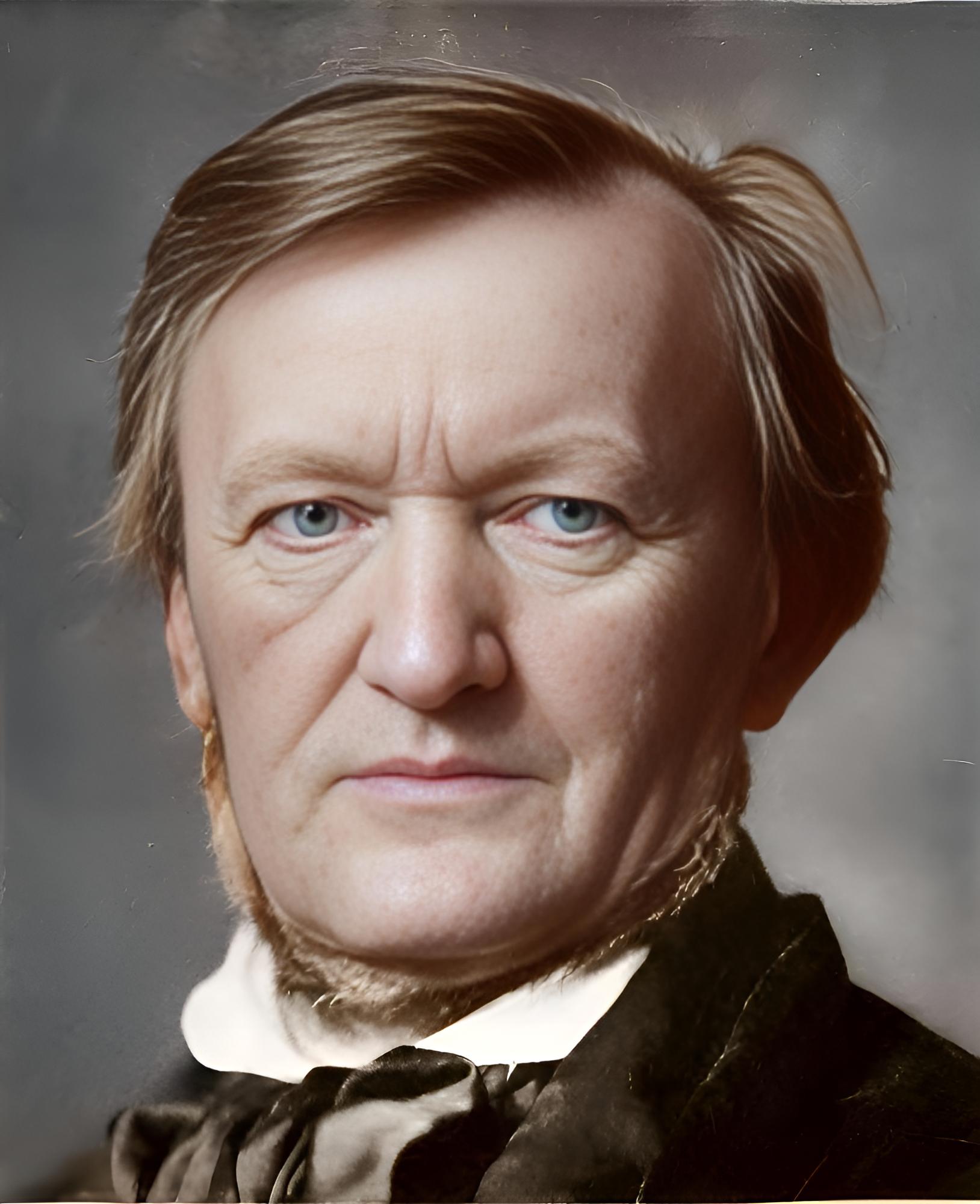About Wagner’s Music
Wagner’s ideas could be socialist today and nationalist tomorrow, pro-Jewish today and anti-Semitic the next day. He criticized capitalist production from a humanitarian standpoint and opposed animal experimentation. In his later years he was incoherent, but eventually settled on an anti-Semitic German nationalism.
Wagner’s music is a “drug”. Once you are hooked, you cannot stay away. As one continues to listen to it, withdrawal symptoms gradually begin to appear. Many of you may have had this experience.
Serotonin is a neurotransmitter in the brain that is involved in mental stability and emotional control. It has the following effects.
(1) It reduces excitement in the brain and relaxes the body and mind.
(2) Suppresses negative emotions such as anger and impatience
(3) Stabilizes the mind and makes it easier to achieve a sense of well-being
When people see a kitten, a puppy, or a small child, they may feel instantaneously soothed. The neurotransmitter in the brain secreted at that time is serotonin. The feeling of happiness we experience when we listen to Bach and other baroque music is also due to the large amount of serotonin secreted.
On the other hand, the neurotransmitters secreted when listening to Wagner’s music are dopamine and adrenaline. For example, “Prelude to the First Act of Tristan and Isolde” is thought to release more dopamine, while “Overture to Die Meistersinger von Nuremberg” is thought to release more adrenaline.
The latter is also secreted when watching martial arts such as boxing, for example. Dopamine secretion can also be stimulated by the ingestion of drugs or stimulants, for example. Once a person experiences this pleasure substance, he or she will want more of it. Dopamine is a highly addictive substance. That’s why Wagner’s music is a drug. #wagner #drug #serotonin #dopamine #adrenaline #片山俊幸


